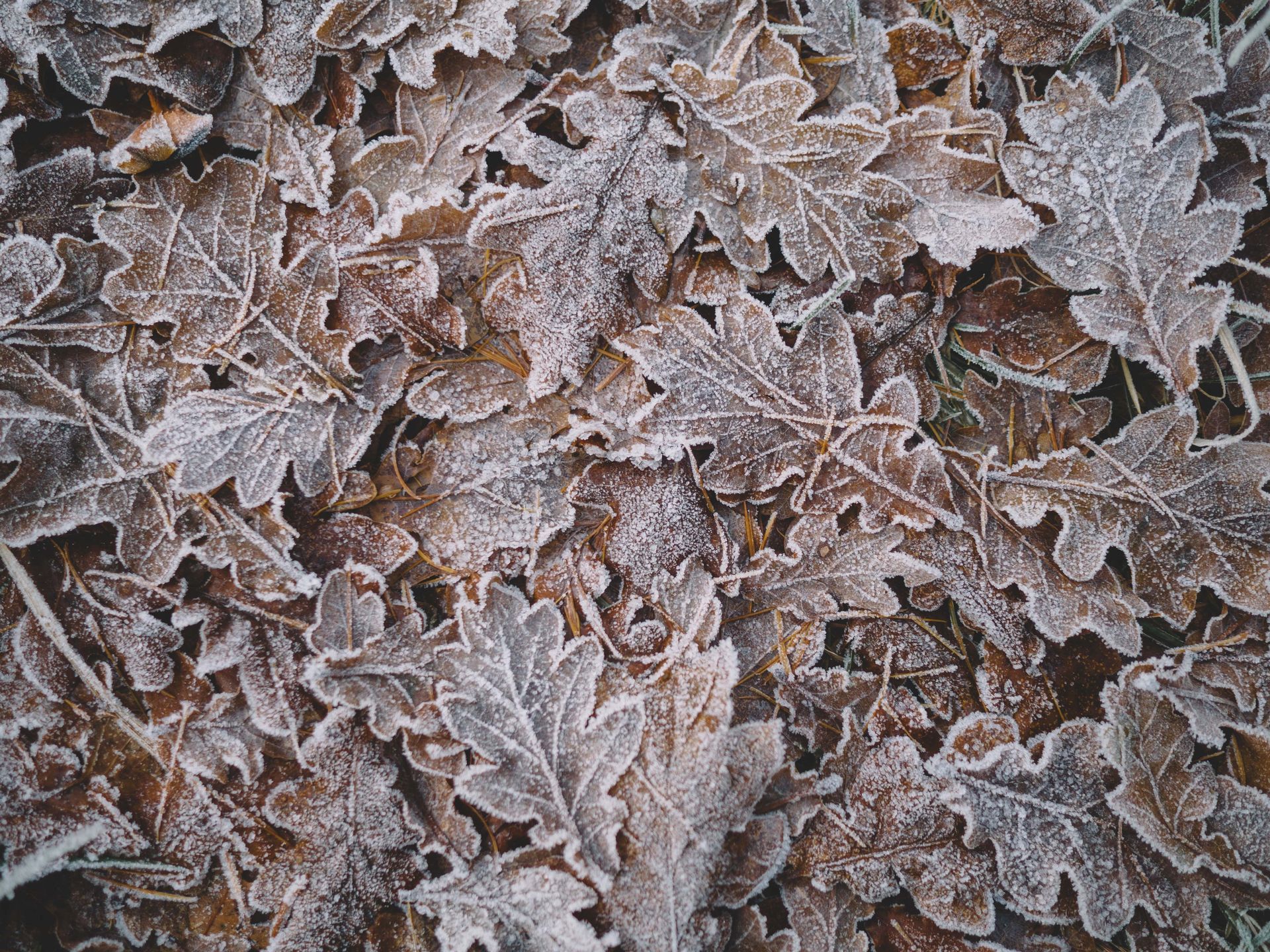
Winter’s Bone: Celebrating the Cold

December 21 of this year marked the 2023 Winter Solstice. Also known as the hibernal solstice, it occurs when either of Earth's poles reaches its maximum tilt away from the sun. This happens twice yearly, once in the northern and once in the southern hemisphere. It’s the day with the shortest period of daylight and longest night of the year, when the sun is at its lowest daily maximum elevation in the sky. Besides being the shortest day, it means that winter is upon us.
The onset of winter, for much of nature, means preparation. Squirrels gather food to store away for the winter, birds heed the instinct to migrate to warmer lands, fur-bearing animals develop thicker and denser coats. Beavers head into their cozy lodges and snakes go into brumation (the reptile version of hibernation), seeking out caves, log piles, or other shelters to help them overwinter. You can’t see it, but even the trees are preparing in other ways than dropping their leaves: they alter the fluids within their cells to prevent them from expanding and bursting when frozen. Nature shows us a whole textbook of lessons about how to prepare for and get through winter safely and comfortably: stock up on supplies, find cozy places, and cover yourself warmly. Prepare.
But we shouldn’t think of winter as something we just have to prepare for and get through – it should be a season to take joy in and appreciate for its own beautiful self. How are you celebrating winter’s onset? You might be preparing for the warm festivities of Christmas, Hanukkah, or Kwanzaa. Remember that winter itself, too, is one of nature’s gifts. If fall is universally the season of celebrating the harvest, winter is often the occasion for commemorating light, renewal and fresh beginnings – all over the world.
Soyal is the winter solstice ceremony of the Zuni and Hopi Indigenous people of the Southwest. Participants ceremonially turn the sun back toward its summer path, mark the beginning of another cycle of the Wheel of the Year, and work on purification. Their prayers and rituals initiate a plan of life for the coming year. Meanwhile, in Iran, the Persian festival Yalda, or Shab-e Yalda, has celebrated the winter solstice since ancient times. Yalda is viewed traditionally as the victory of light over dark, and the birthday of the sun deity. Further north in Scandinavia, people celebrate St. Lucia’s Day, a festival of lights that melds Christian and Norse traditions, such as lighting fires to ward off spirits during that long cold night.
Maybe one of these festivities inspires you to create your own unique winter tradition. But maybe, too, the best way to celebrate winter is to go into the woods and breathe with nature. Appreciate the bare bones of the woods and the subdued color palette. Look for the birds that overwinter – you can see them better with no leaves on the trees. From all of us at Origin Park, we hope that whatever and however you celebrate, the whole winter season gives you joy and connects you with beauty. We wish you a year full of nature and peace. And we’ll be happy to see you in the park, all year round.
Photo of oak leaves in winter frost by Andrew Ridley.


